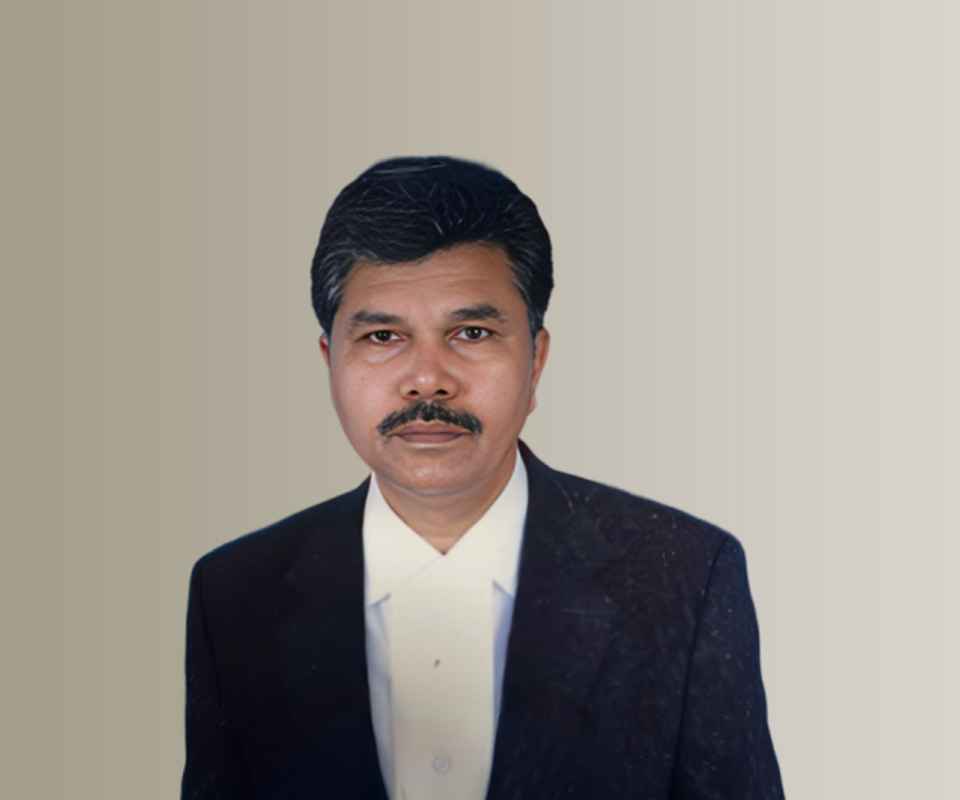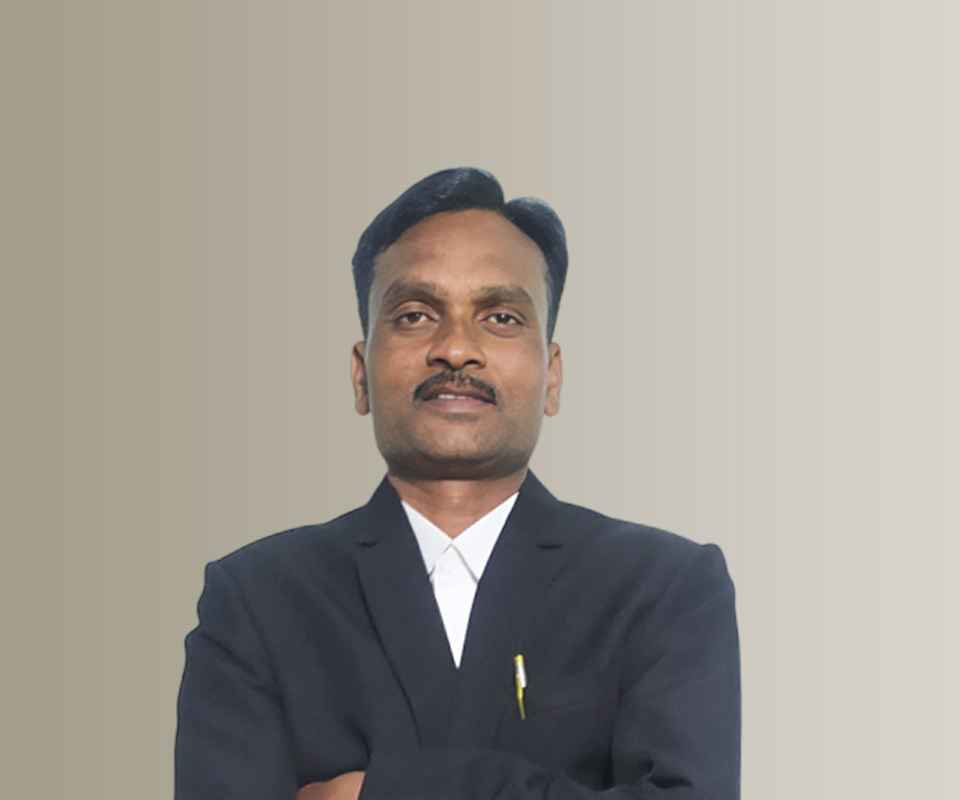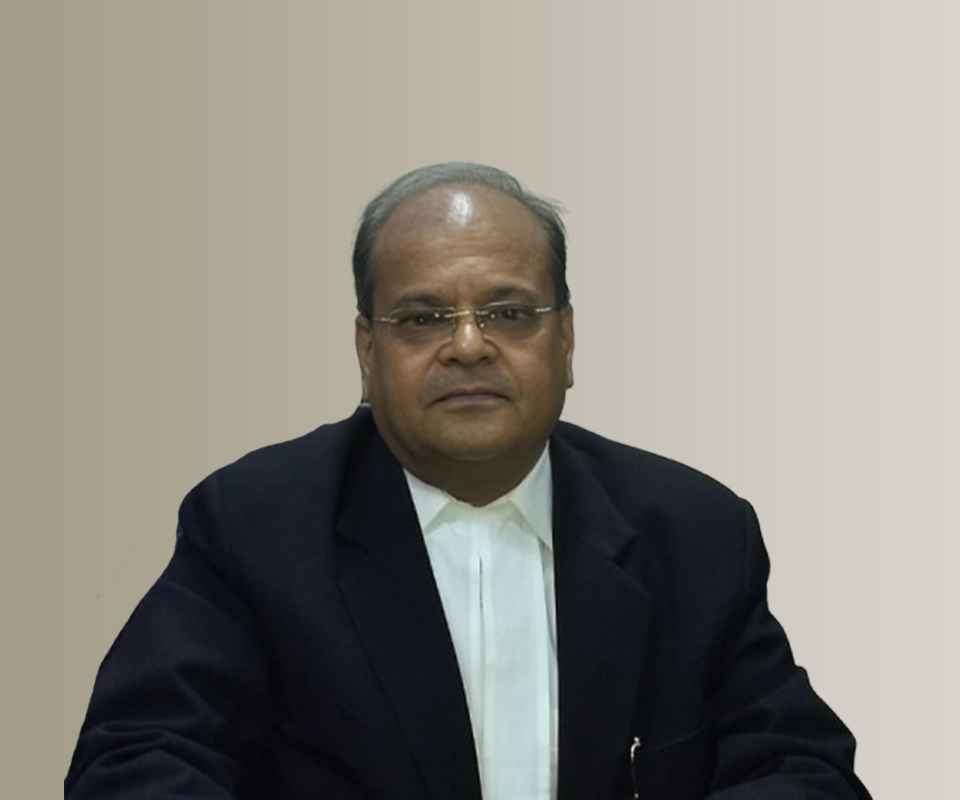Answer By law4u team
In India, medical licensing is primarily governed by the State Medical Councils under the overall framework of the National Medical Commission (NMC). While there is a uniform set of rules for medical practice, each state in India issues its own medical license to doctors who are registered with its respective State Medical Council.
Is There A Uniform License For Doctors In All States Of India?
1. State-Specific Medical Licenses:
In India, doctors are required to register with the State Medical Council of the state in which they wish to practice. Each state has its own State Medical Council, and doctors are given a state-specific license to practice medicine in that particular state.
Once registered, doctors are authorized to practice medicine within the boundaries of the state where they are licensed.
2. Role of the National Medical Commission (NMC):
Although State Medical Councils issue licenses, the National Medical Commission (NMC) plays a central role in setting the standards for medical education and licensing across the country. The NMC regulates the process and ensures that all medical graduates meet the necessary competency standards.
Doctors must also be registered with the Indian Medical Register (IMR), which is managed by the NMC, after registering with the respective State Medical Council.
3. Possibility of Cross-State Practice:
A medical license issued by one state does not automatically allow a doctor to practice in another state. However, a doctor who has registered with one State Medical Council can apply for mutual recognition of their license in other states. This allows doctors to practice in other states, but they still must meet certain procedural requirements.
4. Common Regulatory Framework:
While each state issues its own medical license, there is a common regulatory framework that governs the standards of medical practice across India, including:
- Educational qualification requirements (like passing the NEET and FMGE exams for foreign graduates).
- NExT exam for licensing and postgraduate admission, ensuring a level of consistency across the country.
Example
A doctor who has completed their MBBS in India and registered with the Maharashtra State Medical Council will only be able to practice legally within Maharashtra unless they apply for registration in another state.
Similarly, a doctor registered in Tamil Nadu will need to register with the State Medical Council of another state, such as Karnataka, if they want to practice there.
Conclusion
There is no uniform medical license that is valid across all states of India. Instead, State Medical Councils issue state-specific licenses, and doctors must be registered in each state where they wish to practice. However, the National Medical Commission (NMC) provides a unified framework for medical education, standards, and the Indian Medical Register, ensuring a consistent standard for doctors across the country.







